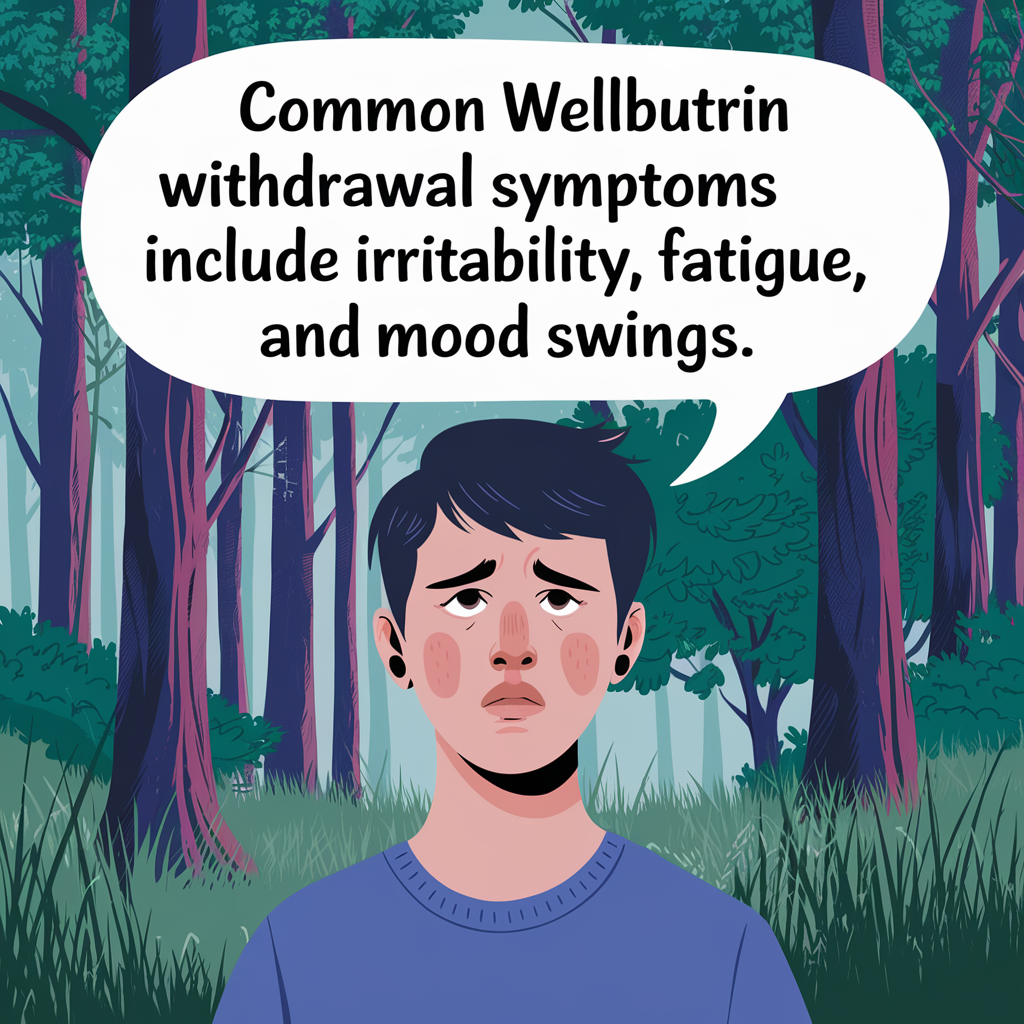
Wellbutrin, known generically as bupropion, is an antidepressant medication primarily used to treat major depressive disorder and seasonal affective disorder. It is also prescribed to help people quit smoking. In addition to the brand name Wellbutrin, bupropion is available under several other generic names, including:

- Zyban (specifically for smoking cessation)
- Bupropion hydrochloride
- Bupropion SR (sustained-release)
- Bupropion XL (extended-release)
When it comes to discontinuing or reducing the dosage of Wellbutrin or any antidepressant medication, it’s crucial to do so under the guidance of a healthcare professional. Suddenly stopping Wellbutrin can lead to withdrawal symptoms. Some common withdrawal symptoms associated with Wellbutrin may include:
- Flu-like symptoms (e.g., body aches, fatigue, headache)
- Mood changes (e.g., irritability, anxiety, agitation)
- Sleep disturbances (e.g., insomnia, vivid dreams)
- Nausea or gastrointestinal distress
- Dizziness or lightheadedness
- Electric shock sensations (also known as brain zaps)
- Increased or decreased appetite
- Flu-like symptoms (e.g., body aches, fatigue, headache)
- Weakness
- Worse depression
It’s important to note that these symptoms can vary in intensity and duration, and not everyone experiences all of them. The severity and duration of withdrawal symptoms can depend on various factors, including the individual’s dosage, duration of use, and personal sensitivity to medication changes.
To minimize the likelihood and intensity of withdrawal symptoms, healthcare professionals typically recommend tapering off Wellbutrin gradually, rather than stopping abruptly. They will develop a personalized tapering schedule based on your specific situation.
If you are considering discontinuing Wellbutrin or experiencing any concerning symptoms, it’s crucial to consult with your healthcare provider. They can guide you through the process and provide appropriate support to ensure a safe and smooth transition.
As an Amazon Associate we earn from qualifying purchases through some links in our articles.




